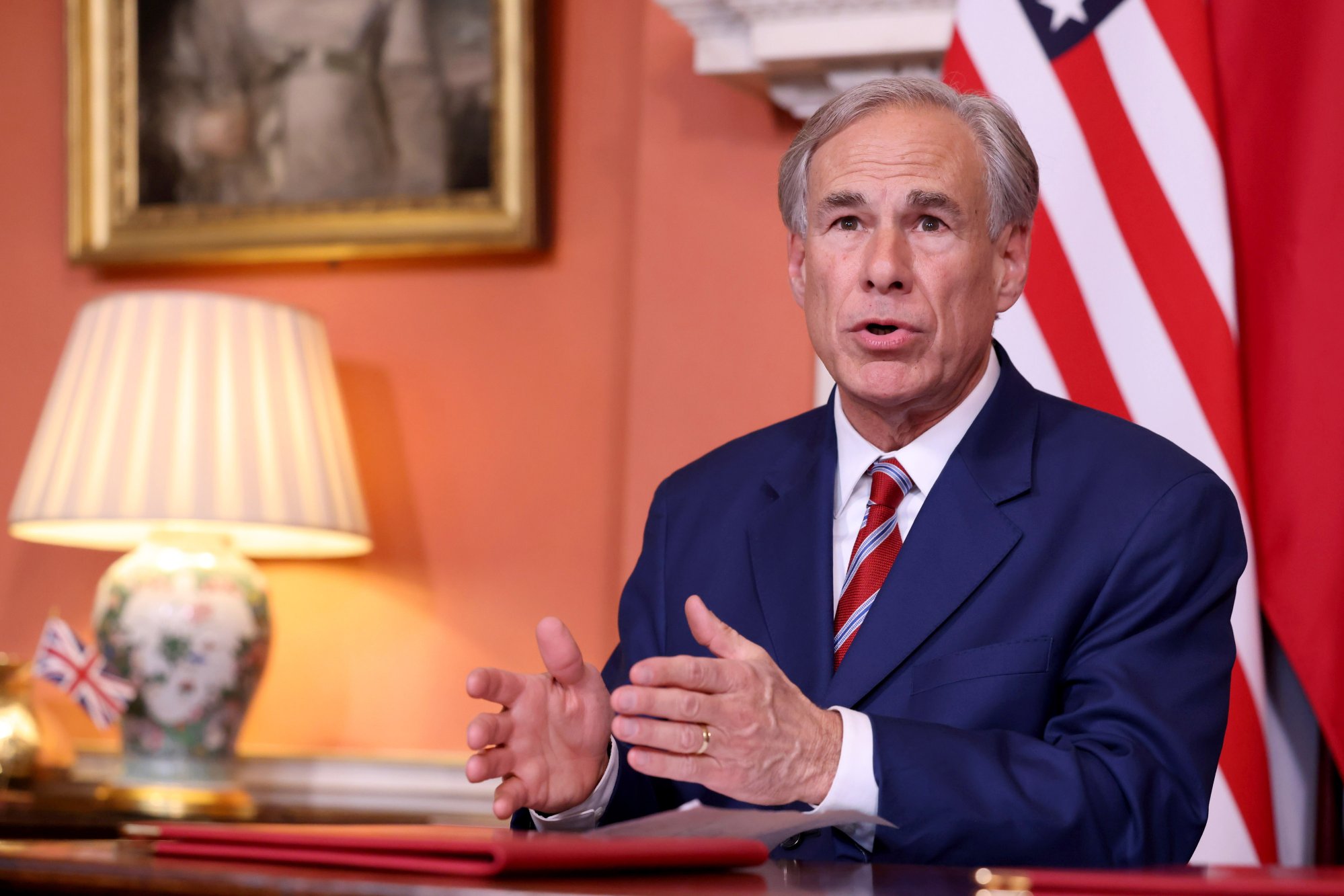Supreme Court allows Texas to enforce law that gives police powers to arrest migrants at border
The administration had asked the justices to freeze a judicial order allowing the law to take effect while its challenge to the statute proceeds in lower courts.

The Justice Department sued in January to block the measure, which was originally set to take effect on March 5. The law violates the US Constitution and federal law by interfering with the US government’s power to regulate immigration as well as running afoul of a 2012 Supreme Court precedent, according to the administration.
“Today, the court invites further chaos and crisis in immigration enforcement,” Justice Sonia Sotomayor wrote in a dissent joined by fellow liberal Justice Ketanji Brown Jackson. Liberal Justice Elena Kagan wrote a separate dissent.
Biden and Trump to visit US-Mexico border on same day
The Texas law made illegal entry or re-entry into Texas a state crime, with penalties ranging from prison sentences of 180 days to 20 years. Under it, Texas magistrate judges will be required to order migrants to return to Mexico, with up to 20-year sentences for those who refuse to comply.
Conservative Justice Amy Coney Barrett wrote an opinion concurring in Tuesday’s decision, explaining that the justices were being asked to upend a lower appeal court’s “administrative stay” of a judicial decision blocking the law – a measure that is meant to be short-lived.
“So far as I know, this court has never reviewed the decision of a court of appeals to enter – or not enter – an administrative stay. I would not get into the business,” wrote Barrett, who was joined by conservative Justice Brett Kavanaugh.
Barrett said Biden’s administration could file another application to the Supreme Court if the New Orleans-based 5th US Circuit Court of Appeals does not issue a ruling “soon”, but without specifying a time frame.
Kagan wrote that the 5th Circuit’s use of an administrative stay rather than a different procedural mechanism “should not spell the difference between respecting and revoking long-settled immigration law”.
Texas-based US District Judge David Ezra on February 29 sided with the administration and agreed to preliminarily block Texas officials from enforcing the law, saying that it “threatens the fundamental notion that the United States must regulate immigration with one voice”.
But the 5th Circuit paused Ezra’s ruling in an order that would have let the law take effect on March 10, prompting the administration to file an emergency request to the Supreme Court. Justice Samuel Alito, acting for the Supreme Court, on March 4 had halted the 5th Circuit ruling – and thus the law – from taking effect, giving the justices more time to consider the matter.
Texas governor signs bill to allow arrest of migrants who enter US illegally
Texas has pursued a range of measures to deter people who cross illegally under its Operation Lone Star, including deploying National Guard troops to the border, blocking migrants with concertina wire and installing a floating barrier over a stretch of the Rio Grande.
Jean-Pierre called the Texas law “just another example of Republican officials politicising the border while blocking real solutions”. Republicans in February scuttled a bipartisan US Senate deal that would have bolstered border security and tightened immigration laws after Trump pushed members of his party to reject it.
Opinion polls reveal acute voter concern over the situation along the border. Reuters/Ipsos polling showed Biden’s public approval level at 37 per cent as of February 28.
